Anglo-Saxon England
Early Anglo-Saxon England (5th to 7th centuries)
The period of Anglo-Saxon England began with the end of Roman rule in 410 AD and lasted until the Norman conquest in 1066. The early Anglo-Saxon period, from the 5th to the 7th centuries, was characterized by small, rural communities and a primarily agricultural economy.
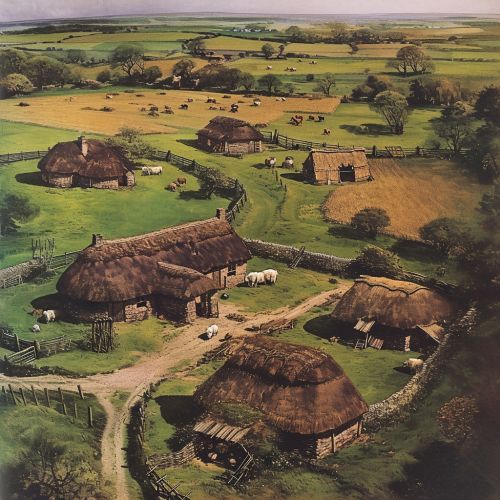
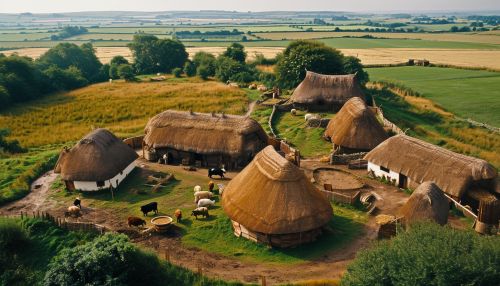
The Anglo-Saxons were a cultural group who inhabited Great Britain from the 5th century. They were a mixture of tribes from Germany, Denmark and the Netherlands. The three main tribes were the Angles, the Saxons, and the Jutes. The Angles and Saxons gave their names to England and to the English people.
The Anglo-Saxons established the Kingdom of England, and the modern English language owes almost half of its words – including the most common words of everyday speech – to their language, Old English. They also shaped political structures in England, with new territorial political units based on shires and hundreds.
Anglo-Saxon Society and Culture
Anglo-Saxon society was essentially agrarian, centered around a village or a group of hamlets and deriving its wealth from the land. Society was hierarchically organized, with the king at the top, followed by the ealdormen, thegns, ceorls, and slaves at the bottom.
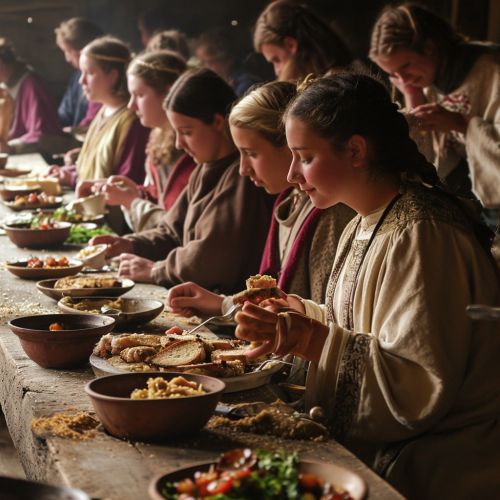
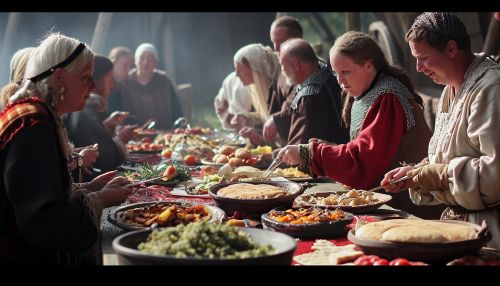
Anglo-Saxon culture was a blend of their native Germanic culture and the Roman culture they encountered in Britain. The Anglo-Saxons were pagans when they came to Britain, but gradually converted to Christianity during the 7th century. The conversion was largely due to the efforts of missionaries like Saint Augustine of Canterbury.
Anglo-Saxon Literature
Anglo-Saxon literature is some of the oldest and most important in English history. The most famous work of this period is the epic poem Beowulf, which tells the story of the hero Beowulf's battles with monsters and dragons. Other important works include the Anglo-Saxon Chronicle, a historical record of the Anglo-Saxon period, and the poems of Caedmon and Cynewulf.
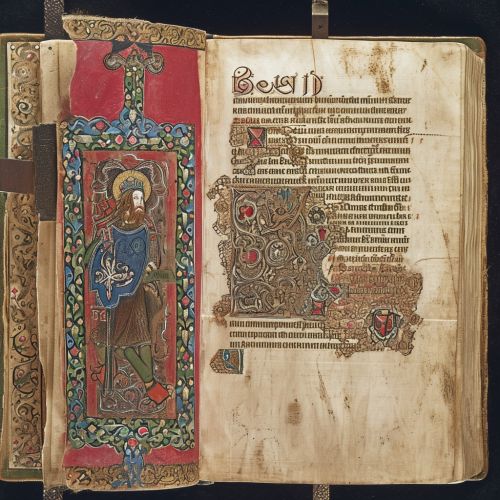
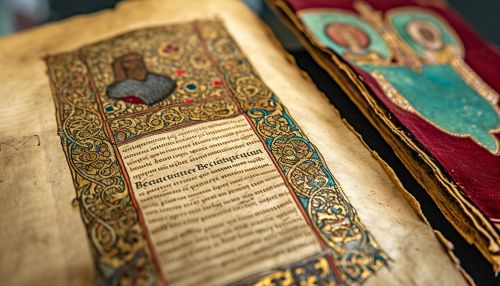
Late Anglo-Saxon England (8th to 11th centuries)
The late Anglo-Saxon period saw significant changes in English society. The Viking invasions of the 9th century led to the unification of England under a single ruler, Alfred the Great. Alfred and his successors established a centralized system of government, a legal code, and a cultural renaissance.
The 10th and 11th centuries saw the development of a prosperous economy, with the growth of towns and trade. However, the period ended with the Norman Conquest in 1066, which brought an end to Anglo-Saxon rule and ushered in a new era of Norman dominance.
